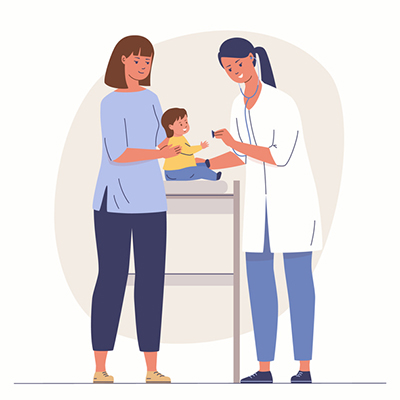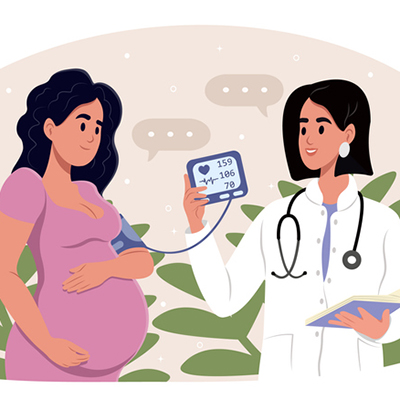PPROM under 23 weeks of pregnancy
Preterm Prelabour Rupture of the Membranes (PPROM) under 23 weeks of pregnancy, is a rare but serious complication of pregnancy that threatens the health of mothers and babies. Before this study healthcare professionals had conflicting information about the chance of pregnancy complications.
This meant that women and families were getting inconsistent advice and this was adding to distress in an already difficult situation. We performed this study to find out what the pregnancy outcomes are for mothers and babies with PPROM under 23 weeks of pregnancy. We hope that this information will help future women and their healthcare professionals navigate the experience.
What have we done?
Over the 18 months from September 2019, to February 2021 we performed a UK-wide study of 364 women affected by PPROM between 16 weeks and 0 days and 22 weeks and 6 days of pregnancy. 326 women had one baby and 38 women had twins or triplets.





